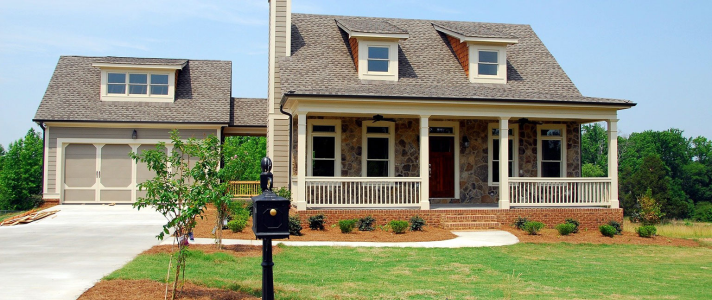So you want to flip houses in Atlanta. There is a lot of opportunity within the market right now. Atlanta has a lot of up-and-coming neighborhoods and economic development within the city is attracting outsiders in need of a home. At the same time, there are a number of different properties in Atlanta that offer the opportunity for house flipping. Due to disrepair or foreclosure, these homes are being offered at great prices, allowing them to be renovated and sold for an excellent profit.
The issue for first-time house flippers is often securing the mortgage loan necessary to buy these houses. It can be difficult for many young people, in particular, to secure any type of home loan (let alone loans for flipping). Banks are often hesitant to give out mortgage loans to first-time house flippers, as they’re uncertain of whether or not they’ll be successful and will be able to make good on their payments. Fortunately, there are options for flippers regardless of whether or not they can secure these traditional financial avenues.
How Much Money Should I Have Before Flipping a House?
Most aspiring house flippers don’t have all the money that they need to flip a home outright, which is why they may explore mortgage loans. While it’s impossible to completely avoid financial risk when flipping a home, you can minimize your risk by following what is known as the “70% rule.”
According to the 70% rule, an investor should pay no more than 70% of the home’s after-repair value, or ARV, minus the necessary repairs. This is why it’s crucial to carefully evaluate the value of homes in the area that you’re considering buying within. Consider their attributes and what makes them valuable, as well as whether or not the house you flip can be worth a similar amount after it’s been repaired. Once you make that evaluation, use the 70% rule to calculate how much money you’ll need to spend. A good example would be that if a home’s ARV is $200,000 and the repairs needed amount to $30,000, the flipper should pay no more than $110,000 for the home. But how do you secure this capital if you’re denied mortgage loans? Private lending could be an option.
What Do I Do If I’m Denied Mortgage Loans?
After you’ve been denied mortgage loans, you may want to consider hard money loans. Hard money loans are issued by private lenders and could very well give you the investment money that you need to flip a home.
Typically, private lenders are much more flexible than traditional financial institutions. Rather than considering your credit history, they instead consider the property that you can place as collateral against the loan. They make real estate loans based on the value of a property and are often more willing to negotiate repayment terms if need be. Fortunately, there are a lot of hard money lenders within Atlanta, so this would be a great avenue for you to secure the capital needed to execute your first flip. As with any lender, you simply need to evaluate your finances carefully before approaching a hard money lender. You’ll want to make sure that you have collateral to offer.
How Do I Find Houses To Flip?
Although you can seek out houses the same way anyone would look for homes, by simply shopping around Atlanta, this isn’t always the easiest way to find a property worth flipping. It’s a good idea to have a property in mind before approaching any private lender. We recommend visiting foreclosure auctions. Even if you don’t immediately invest in a property, this could give you an idea of how much you would need to borrow in order to invest in a property.
You may also want to browse online, paying particular attention to homes that are for sale by owner. Often, these homes offer easier negotiations. Homeowners selling their houses themselves frequently want to make the best profits they can with minimal effort.
There are a lot of factors to consider when flipping homes. But even if you’re denied a mortgage loan, remember that you have options available. You just need to be careful when budgeting.

